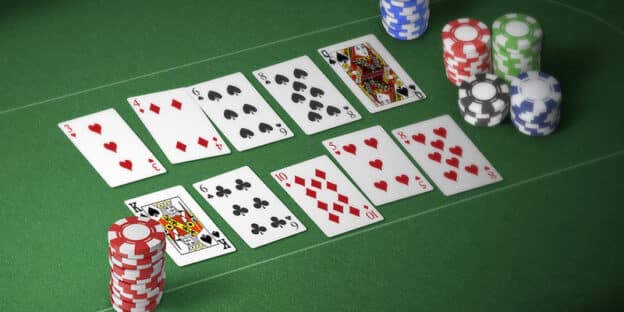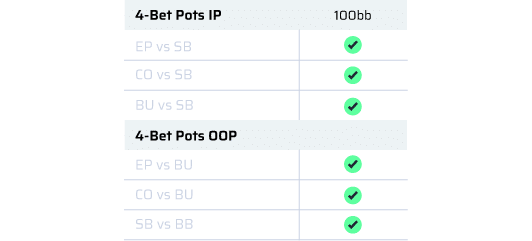This article is not about creating a generic standard routine that works for everyone. Instead, I will give you the tools, ideas, and principles that you need to create routines that work best for your mental game.
Your perfect routine is never set in stone. What works best for you can change over time. The perfect routine is the one that works for you personally. It doesn’t have to work for everyone.
I will go over four different types of routines:
Not every exercise or routine will work for you right away. There will often be resistance at the beginning. Exercising, eating healthy, or meditating are examples of routines that are pretty hard in the beginning but have a great impact on your life in the long run.
Why should you have routines?
Routines make life easier and more fun. If a routine feels like a complete chore and does not improve your life, it is not the right routine for you.
Routines should not be complex things in your life.
They should lower the number of decisions you have to make and make your life simpler. Proper routines free up a lot of time and energy for more complex decisions.
Routines are about freeing your time and energy for the more complex decisions, where you absolutely have to think. If you start your day with numerous decisions, then you’ll start your poker session mentally exhausted.
For the majority of our evolution, our choices have been quite simple. Now, we are constantly being overwhelmed with an unnatural amount of options and decisions. Reclaiming that simplicity is really valuable and can give you peace of mind and clarity.
Morning Routine
Morning routines are by far the most important to me personally. If you start your day with a healthy, fun, and motivating routine, then the rest of your day will most likely be great as well.
On the other hand, if you start your day by being stuck to your smartphone or bombarded with bad news, then, of course, your day will not likely go well.
Morning routines work so well because they become something to look forward to when you get out of bed. And you start your day with a clear goal and motivation.
You can’t trick your mind if your body isn’t functioning properly. So, your morning routine should include something that helps the body function better. This usually means simply moving a little bit, stretching, working out, drinking plenty of water, or eating healthy food.
Waking up faster is also very helpful. You waste less time and start your day with a clear head and a strong focus. Additionally, by having a consistent time for going to sleep and waking up, your body gets used to it and optimizes accordingly.
Pre-Game Routine
As a general rule, you should try to make your pre-game routines short and simple. Try to only focus on the most important habits and topics.
Getting in the zone before you play can be done in several ways, like the following tips:
- Review any hand – get your brain thinking about poker without the stress.
- Review a topic – leaks you have or improvements to your game.
- Listen to music – get hyped up or in the mood you want to play in.
- Visualization/meditation exercises – focus your mind wth exercises like this focus meditation exercise from our Mental Game Quick Wins course.
Pre-game routines can help you stay emotionally aware during your session, recognizing the signals your body and mind are sending you before it’s too late and you are fully tilting.
Make sure to conduct short check-ins during your session. Ask yourself the following questions:
- How am I feeling?
- How am I playing?
- Do I need a short or long break?
- Should I keep playing?
Pre-game routines are also about planning and taking breaks. Poker is a very cognitively demanding job. Our mind gets exhausted a lot quicker than our body, but it also regenerates a lot quicker.
Be it by taking a break or adjusting your attitude at the moment, becoming aware of a mistake you could be making can help you get into the right frame of mind right away.
For more about how to plan your session, check out our article on off-table PLO tactics.
Post-Game Routine
Post-game routines help us process what happened during the session and take away key learnings and to-dos. More importantly, the post-game routine is about getting your mind off poker and having a productive, healthy rest of the day.
Poker does not set boundaries for you, so you have to set them yourself. It can be fun to spend the whole day thinking about poker, but if you’re doing it all the time, it can be quite harmful.
Trying to control or suppress your emotions is harmful to your poker career and your life in general. To improve your emotional awareness, you do a quick check-in by asking yourself which emotions are present due to the session.
If you don’t have any experience with emotional awareness methods, I recommend starting with the Emotional Awareness Questionnaire. In the following video from our Routines: Small Changes, Big Results course, I go over how to get the most out of it.
Another thing you can do is have a high-quality discussion with a peer. Make it a constructive discussion. Talk about decisions you’ve made, your leaks, how your emotions affected your play, and so on.
Move on with your day and enjoy yourself by doing something else and calming down.
Evening Routine
Evening routines help us process the events of the day, relax, and enjoy high-quality sleep. You should choose elements that you really enjoy, like reading, going for a walk, listening to music, or writing a diary.
Sleep is one of the most important factors for a good life, and also the most important part of your evening routine.
The following are my personal recommendations to improve your sleep routine:
- Fresh air in your room
- Regular sleep time
- Relaxing atmosphere
- No phone, no TV 30-60 minutes prior
- Don’t exercise too late
- No caffeine shortly before sleeping
- No food 3 hours prior
- Cancel out noise in your bedroom
Getting enough sleep and getting high-quality sleep are crucial. Additionally, being able to wind down even before you go to bed will also improve your memory and enhance your learning process.
Conclusion to Boost Mental Game
There are core principles and core ideas that will help you create the routines, but the routines themselves are flexible.
After the initial phase of getting used to routines, they will become fairly easy to implement.
Don’t set too many goals. Start with the most important steps, just 2-3 things. Then, reflect after 2 weeks and adjust or expand your routines.
There will be some resistance, and you’ll need practice to overcome it. But after a while, it’ll be fun and will not feel like a chore anymore.



